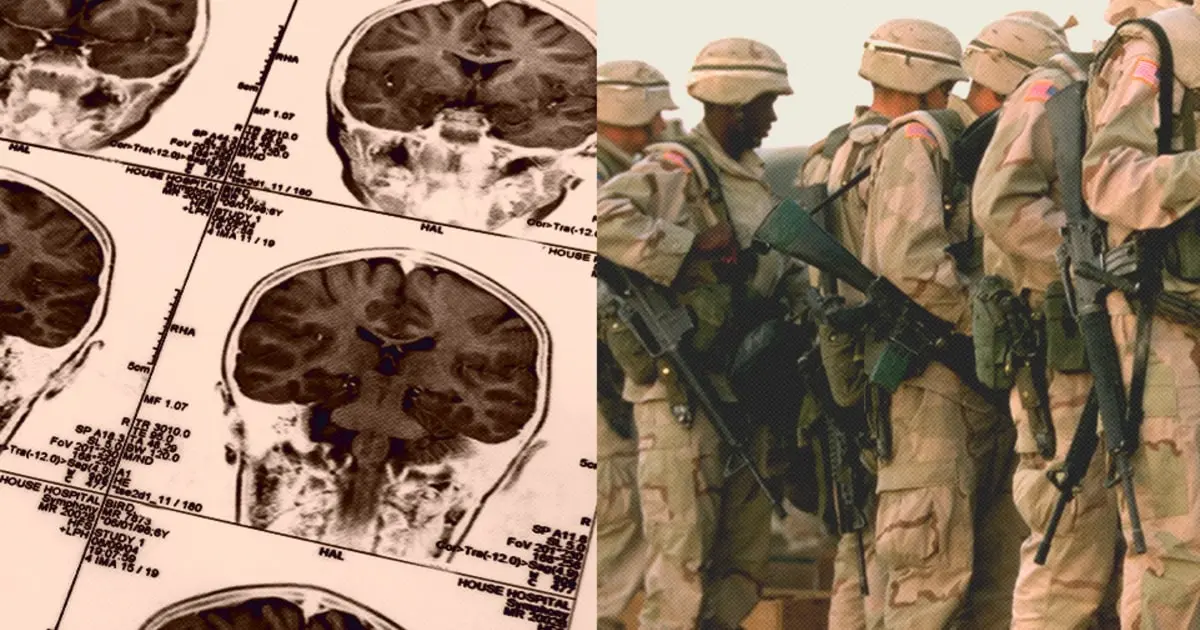“We’re really at an infant stage in terms of our clinical ability to assess traumatic brain injury,” a medical expert said.
Before he ended his life, Ryan Larkin made his family promise to donate his brain to science.
The 29-year-old Navy SEAL was convinced years of exposure to blasts had badly damaged his brain, despite doctors telling him otherwise. He had downloaded dozens of research papers on traumatic brain injury out of frustration that no one was taking him seriously, his father said.
“He knew,” Frank Larkin said. “I’ve grown to understand that he was out to prove that he was hurt, and he wasn’t crazy.”
In 2017, a postmortem study found that Ryan Larkin, a combat medic and instructor who taught SEALs how to breach buildings with explosives, had a pattern of brain scarring unique to service members who’ve endured repeated explosions.



I mean that doctors (emergency or otherwise) tend not to listen to me because I am a woman.
This changes when a (cis, white) man is present.
Happened to my ex wife, and I assume it keeps happening. She has Graves disease for years and told Drs something was wrong, but since she was heavy they just told her to lose weight.
It was left so long by the time they caught it that the cognitive decline that thyroid problems give you, were irreversible
Thats terrible :( I am so sorry
I’m sorry that happens to you. Unfortunately it’s a documented phenomenon (especially with rheumatologic diagnoses—I’ve explained that to residents a lot).
Here’s to hoping more attention to this leads to better education which can prevent it.
Thank you - and thank you for doing your part to educate residents!